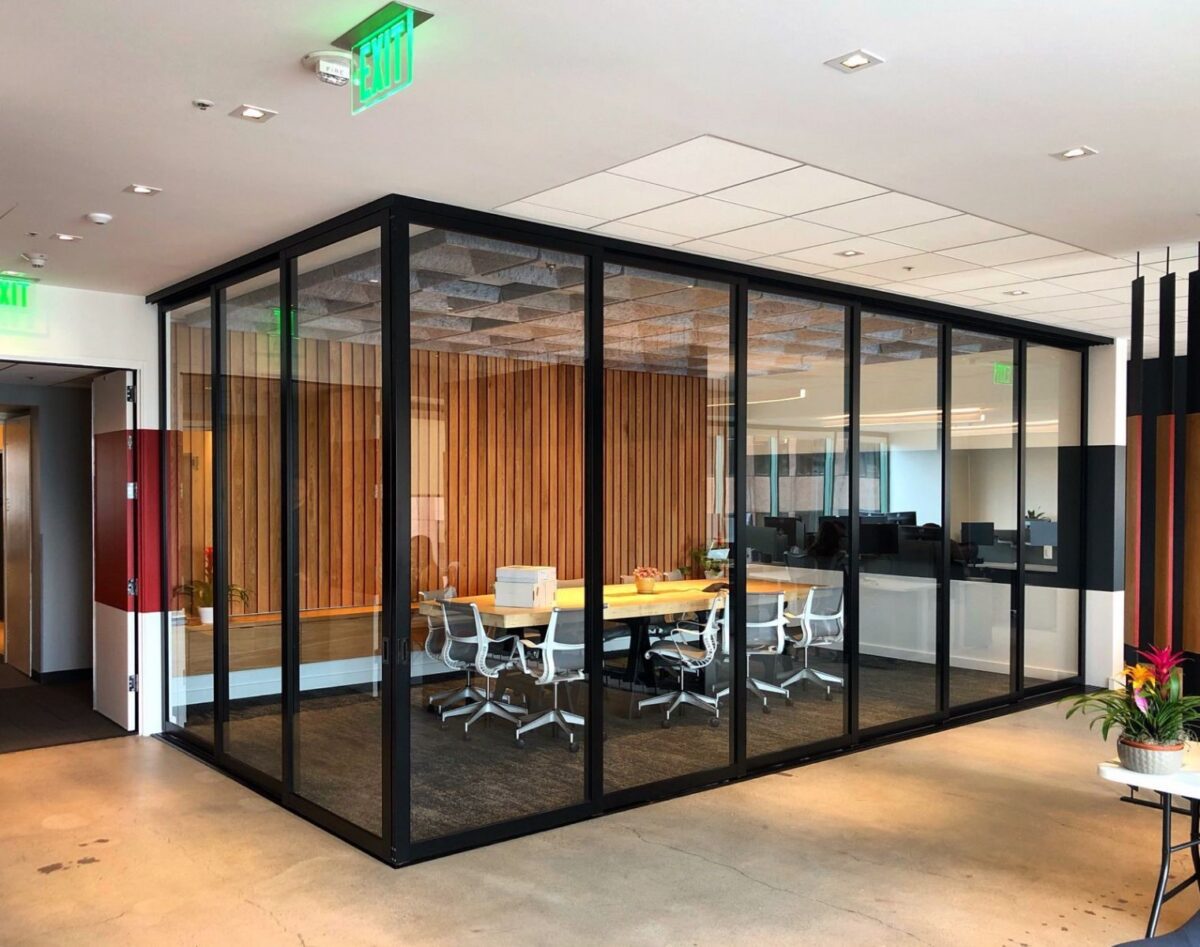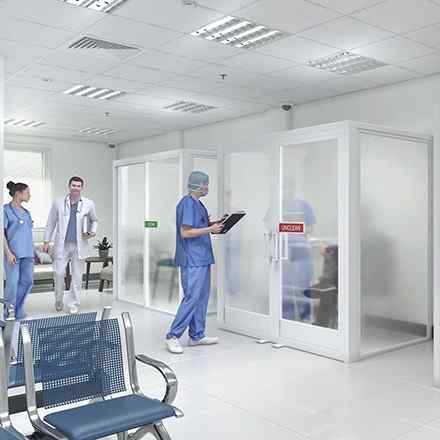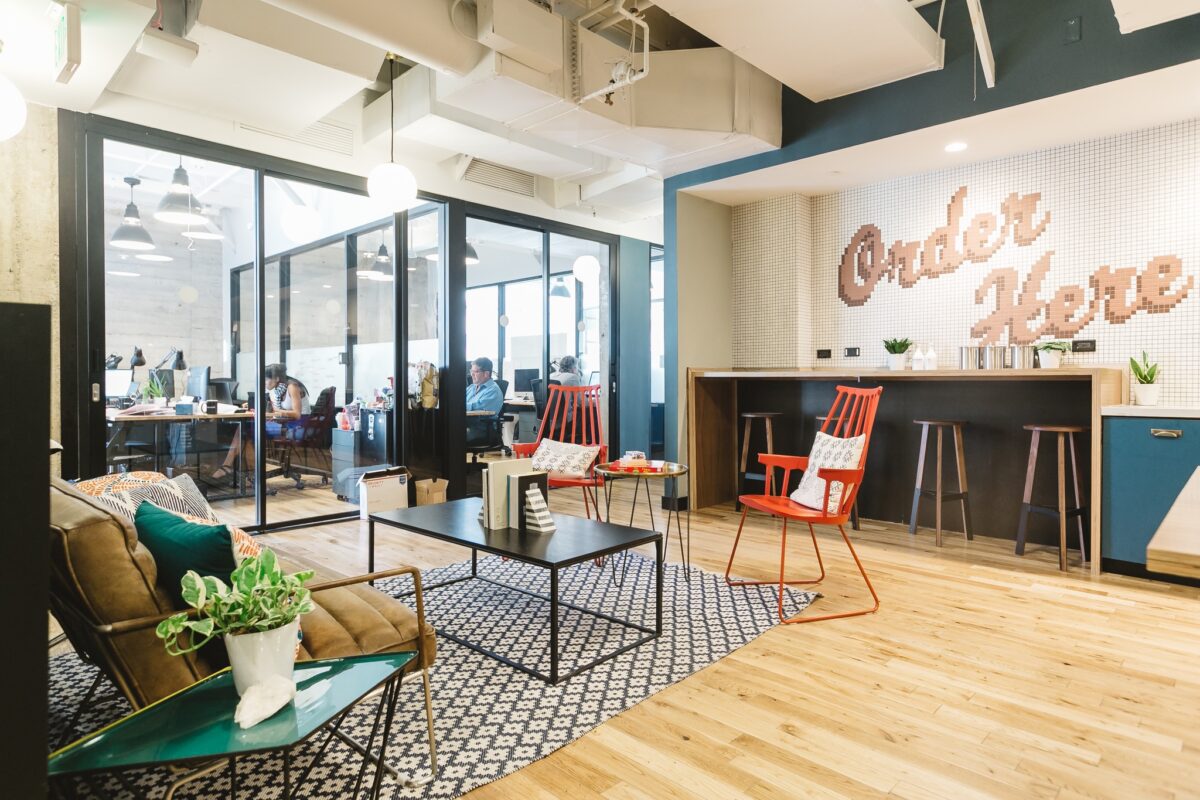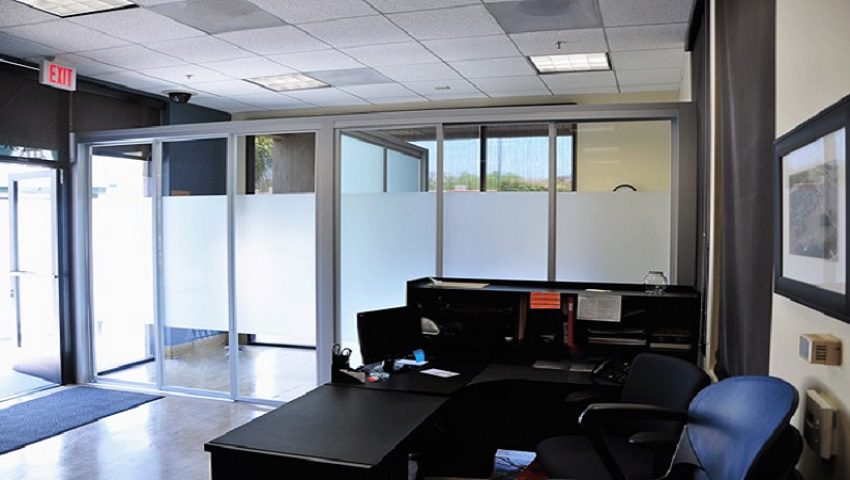The Health Insurance Portability and Accountability Act (HIPAA) provides security and data privacy provisions for safeguarding medical information. For the most part, our healthcare providers and entities covered under the Act have taken great strides to ensure patient privacy.
Numerous patient-related websites have established two-factor authentication procedures to help protect against unauthorized access and identity theft. In-patient check-in, emergency rooms, and even pharmacies around the country have enacted buffer zones with “Wait here until called” signs a few feet back from the counter in order to facilitate patient confidentiality.
But how confidential is it really?
The mass majority of these locations don’t have any sort of Glass Partitions or even basic room dividers. Just a rope.
Without even meaning to, it’s quite easy to overhear customer details while sitting in the waiting room of the local hospital. While it might not be extraordinarily useful to learn someone’s name and that they’re seeing the doctor for a coughbut hearing that someone has a critical illness or injury because there aren’t any glass walls could definitely be used against the patient.
What useful pieces of data are ER visitors and pharmacy patients always asked to verify? That’s right, DOB and home address.
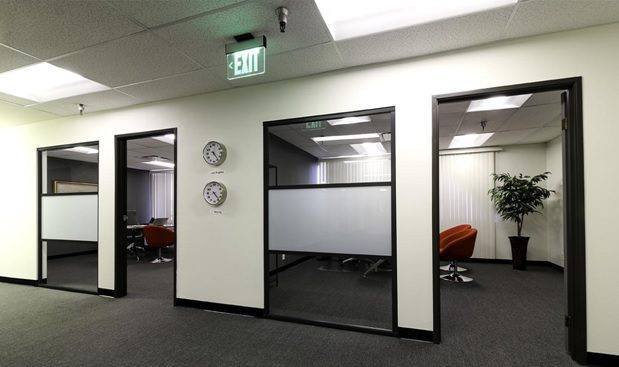
Protecting Patient Privacy
As data encryption and protection methods evolve to better thwart breaches and identity theft, so too must the actual face-to-face interactions. This is a critical area where criminals can snag a plethora of useful data simply by taking advantage of the lack of partitions, glass walls, or other privacy enablers and just “innocently” eavesdropping.
Numerous hospitals around the world are not only exposing patient data at check-in, but those with open floor plans that simply have beds separated by hanging curtains instead of glass wall partitions are also inadvertently sharing intimate details with every patient and staff member within earshot.
It’s time to update!
Privacy is a Priority
Glass partitions and privacy walls from SpacePlus, The commercial spaces division of The Sliding Door Company,come in a variety of styles andopacities and are completely customizable. This flexibility gives your healthcare institution the ability to provide better patient privacy without diminishing the aesthetics or compromising collaboration in any way.
Glass wall partitions havesliding, swing or bi-fold doors and you can choose from our proprietary regular, ramped, or recessed tracks in order to customize each to your exact specifications and needs. Additionally, unlike many partition and glass wall options, we have a line of suspended solutions that eliminates the bottom track completely, making it perfect for emergency rooms where equipment and beds are moved around considerably.
Glass walls and glass partitions can help you maintain patient privacy while enhancing the look and feel of your facilities.
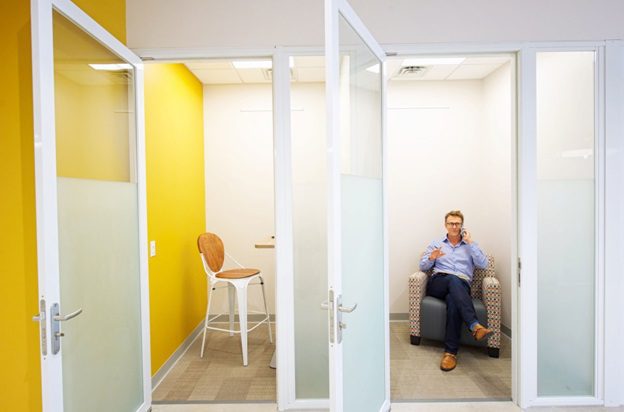
Make the Call for Patient Privacy
Because our glass wall partitions allow privacy when needed for consultations and exams yet are easy to move and open in order to maximize space and natural lighting, they are perfect for medical facilities.
Our partition glass walls are made of sturdy aluminum frames that require almost no maintenance and you can choose from tempered or laminated glass. Leverage them as patient room walls, privacy partitions for check-in, billing and patient services offices, or anywhere that the healthcare facility needs to provide patient privacy without sacrificing space, functionality, or lighting.
Our semi-transparent glass partitions allow light to flow from one room to the next, enhancing privacy and functionality. Furthermore, our interior sliding doors provide further benefits to healthcare providers with large openings and smooth-gliding tracks that are completely ADA compliant.
Call (888) 869-1850 and request a free consultation for glass partitions and privacy walls today or visit a showroom near you to witness the solutions in action.




